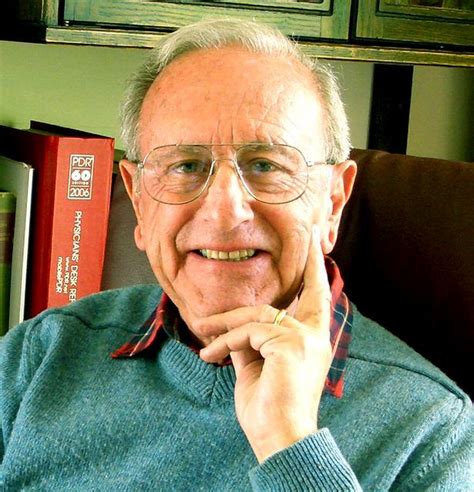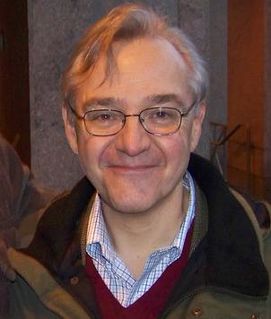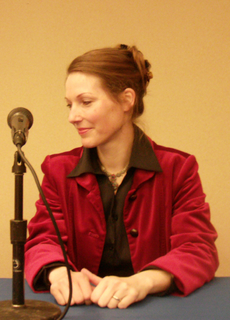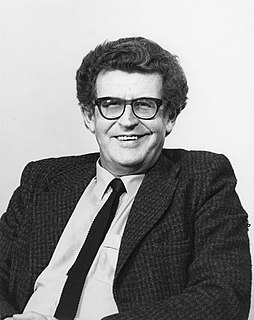A Quote by Joaquin Fuster
The first proponent of cortical memory networks on a major scale was neither a neuroscientist nor a computer scientist but .. a Viennes economist: Friedrich von Hayek (1899-1992). A man of exceptionally broad knowledge and profound insight into the operation of complex systems, Hayek applied such insight with remarkable success to economics (Nobel Prize, 1974), sociology, political science, jurisprudence, evolutionary theory, psychology, and brain science (Hayek, 1952).
Quote Topics
Applied
Brain
Brain Science
Broad
Complex
Complex System
Complex Systems
Computer
Economics
Economist
Evolutionary
First
Hayek
Insight
Jurisprudence
Knowledge
Major
Man
Memory
Neither
Networks
Nobel
Nobel Prize
Nor
Operation
Political
Political Science
Prize
Profound
Psychology
Remarkable
Scale
Science
Scientist
Sociology
Success
Systems
Theory
Von
Von Hayek
Related Quotes
Friedrich Hayek .. seems to have been the first to postulate what is the core of this paper, namely, the idea of memory and perception represented in widely distributed networks of interconnected cortical cells. Subsequently this idea has received theoretical support, however tangential, from the fields of cognitive psychology, connectionism and artificial intelligence. Empirically, it is well supported by the physiological study and neuroimaging of working memory.
The seminar in economic theory conducted by Hayek at the L.S.E. in the 1930s was attended, it came to seem, by all of the economists of my generation - Nicky Kaldor , Thomas Balogh, L. K. Jah, Paul Rosenstein-Rodan, the list could be indefinitely extended. The urge to participate (and correct Hayek) was ruthlessly competitive.
At the heart of capitalism is the unification of knowledge and power. As Friedrich Hayek, the leader of the Austrian school of economics, put it, "To assume all the knowledge to be given to a single mind... is to disregard everything that is important and significant in the real world." Because knowledge is dispersed, power must be as well.
Ever read any [Friedrich] Hayek? He's great. The Road To Serfdom is like... I'm not a big political-science reader, but I actually dog-eared my copy. I ended up going back through it and writing a précis, I was so impressed by this book. It's all about what happens when government tries to make everything right.
Hayek made a quite fruitful suggestion, made contemporaneously by the psychologist Donald Hebb, that whatever kind of encounter the sensory system has with the world, a corresponding event between a particular cell in the brain and some other cell carrying the information from the outside word must result in reinforcement of the connection between those cells. These day, this is known as a Hebbian synapse, but von Hayek quite independently came upon the idea. I think the essence of his analysis still remains with us.
Even as I pursued a doctorate in the history of ideas in my native Denmark, I realized I had neither the encyclopedic training nor the passion for cool logic - not to mention the nerve - to follow in the footsteps of classical liberal philosophers and economists such as Robert Nozick, Friedrich Hayek, and Milton Friedman.
Friedrich Hayek, who died on March 23, 1992 at age 92, was arguably the greatest social scientist of the twentieth century. By the time of his death, his fundamental way of thought had supplanted the system of John Maynard Keynes - his chief intellectual rival of the century - in the battle since the 1930s for the minds of economists and the policies of governments.
If the central contest of the twentieth century has pitted capitalism against socialism, then F. A. Hayek has been its central figure. He helped us to understand why capitalism won by a knockout. It was Hayek who elaborated the basic argument demonstrating that central planning was nothing else but an impoverishing fantasy.































